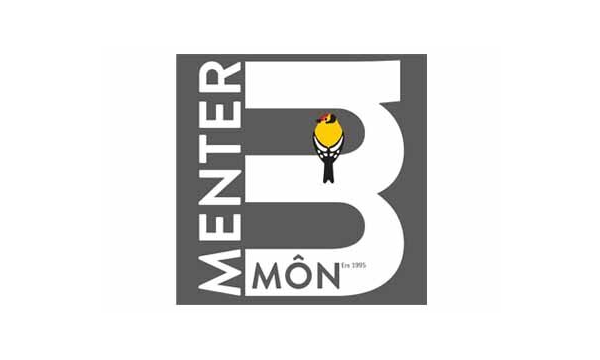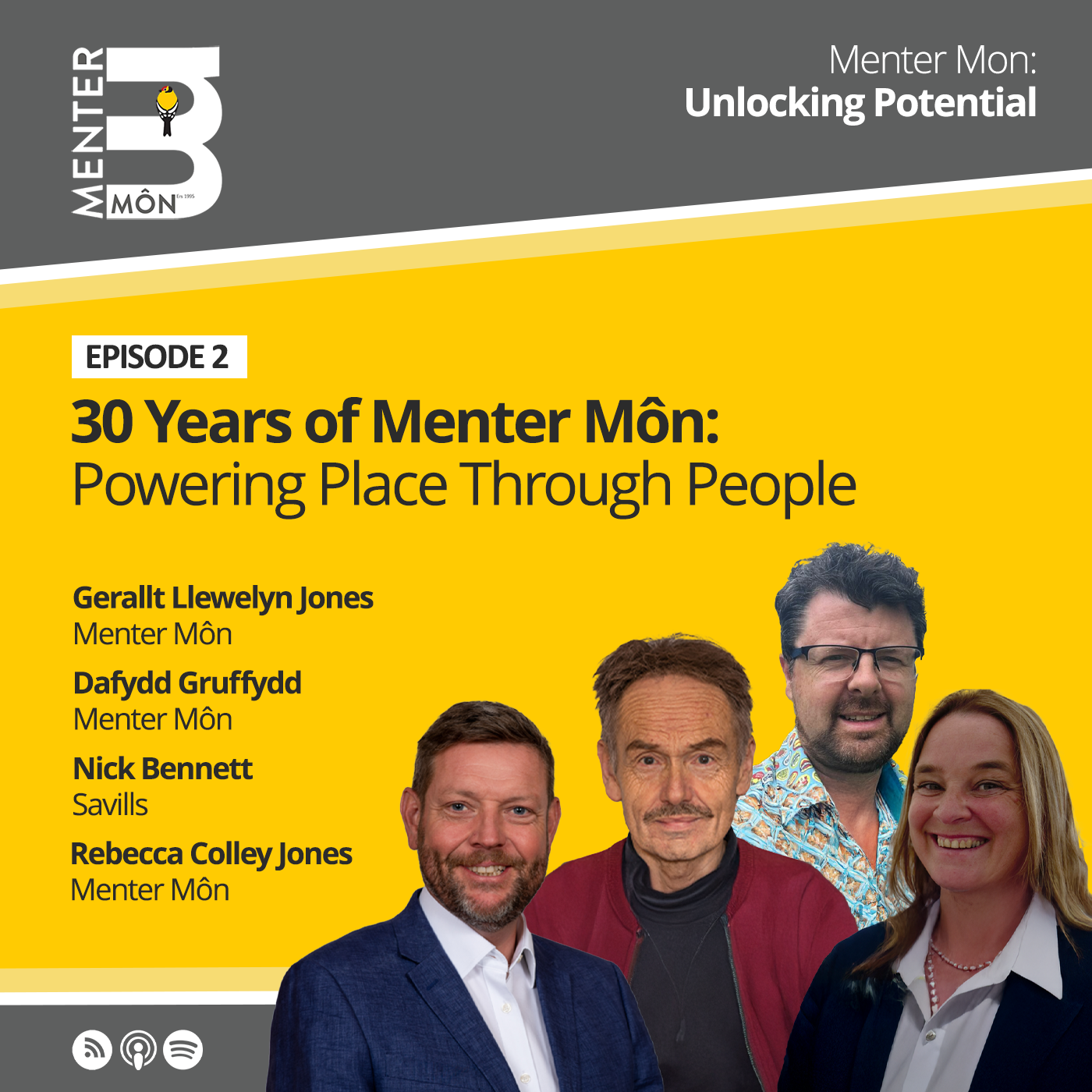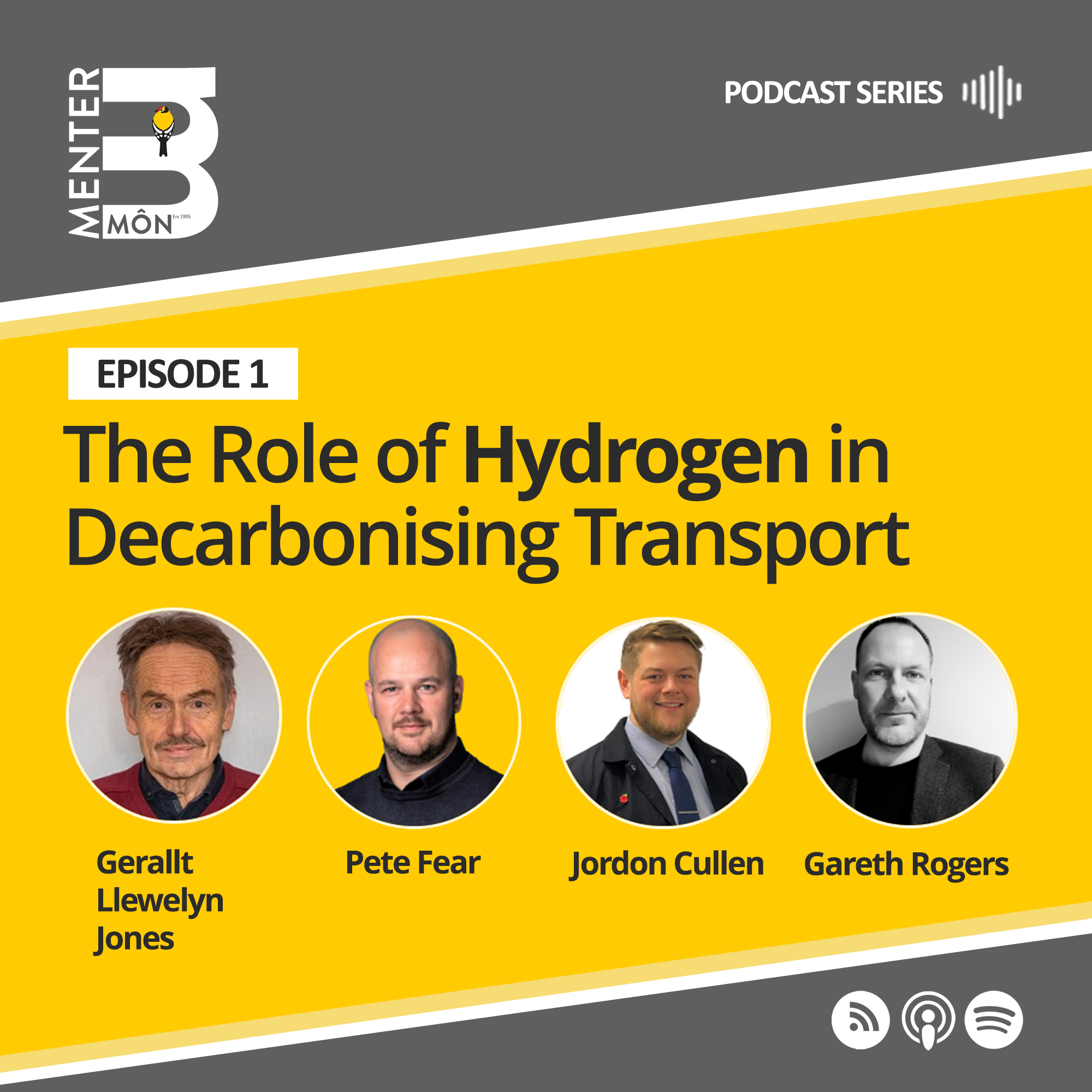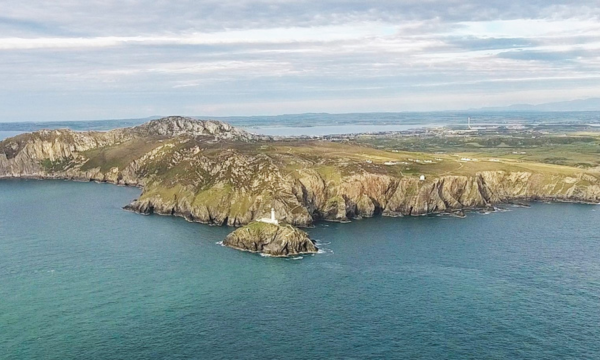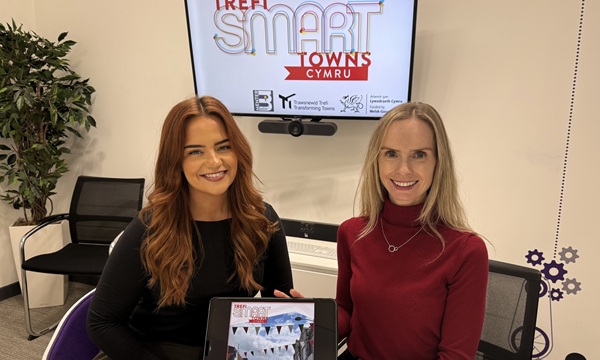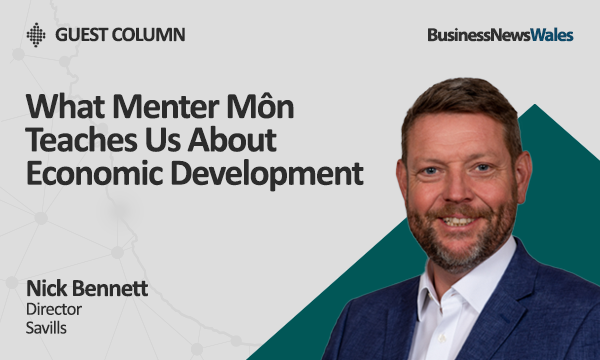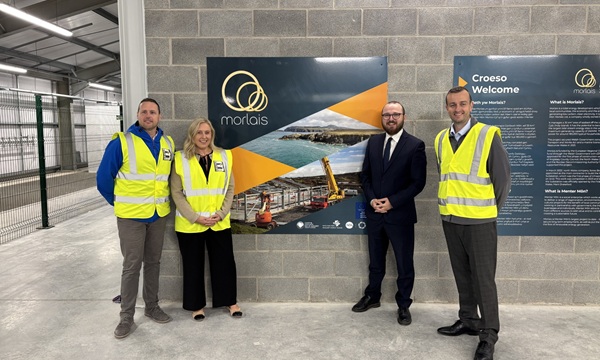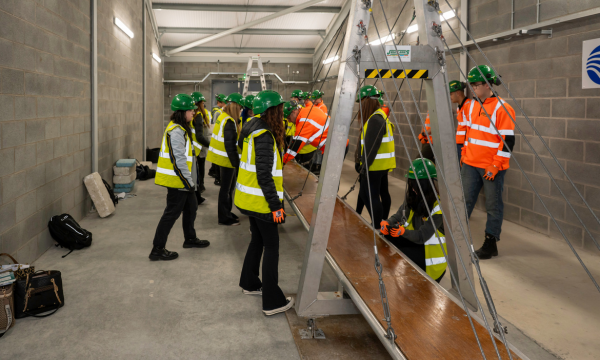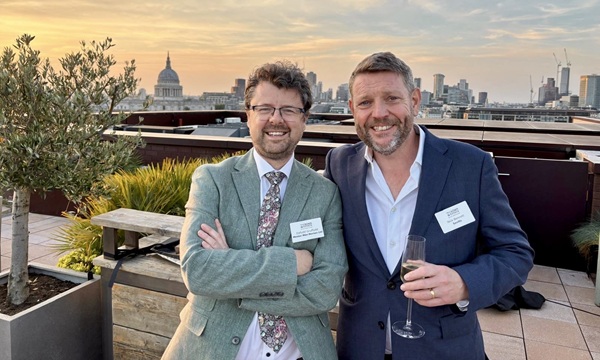
Social enterprise Menter Môn offers lessons for tackling Wales’ economic and demographic challenges, its leaders say.
As the Anglesey-based organisation marks its 30th year, figures involved in its leadership past and present argue that its approach – rooted in communities but prepared to adapt to financial realities – shows how sustainable growth can be delivered in practice.
They believe more attention should be paid by government and other agencies to the model, particularly in parts of Wales and further afield facing demographic pressures and low growth.
Speaking on the Menter Môn: Unlocking Potential podcast Nick Bennett, who wrote the original funding bid to establish Menter Môn in 1995 and is now a director at Savills, said its record of survival and innovation set it apart. While hundreds of areas across the UK secured similar EU Leader funding during the 1990s, few have gone on to create institutions that still deliver today.
He pointed to north Anglesey as a test case, describing it as an area with an ageing population, limited employment opportunities and a strong Welsh language tradition.
“If we’re going to see a more age-balanced range of communities in Wales, then we need to be listening to the likes of Menter Môn,” Nick said. “Governments are excellent at policy, but this is about implementation.”
For current managing director Dafydd Gruffydd, the emphasis is on connecting economic development with community benefit. He said Menter Môn’s renewable energy projects – including tidal power at Morlais and Holyhead Hydrogen Hub – are designed to create jobs and supply chain opportunities while providing long-term income for reinvestment.
“The megawatts are almost a by-product,” Dafydd said. “Our motivation is about taking ownership of resources and maximising the value for the local community.”
The organisation’s first managing director Gerallt Llewellyn Jones, who now serves as a director, said the shift over the past decade to embrace commercial realities was key. In its early years Menter Môn relied heavily on grants, but he said it was clear from 2012 that this could not continue. The organisation then began to build the expertise to work with private investors and to make use of loans and equity alongside public funding.
“There are very few organisations that marry altruism to commerciality,” Gerallt said. “Everybody has to consider how growth can be achieved out of altruism and commerciality working together.”
Chair Rebecca Colley Jones said the organisation demonstrates what “living sustainability” looks like, combining people, planet and profit with Welsh language and culture. She said agility and trust had been central to its resilience, recalling how the board responded when the idea for Morlais was first tabled.
“We were shell-shocked at first, but the trust and confidence were there to back it,” she said.
Rebecca added that the Menter Môn approach could provide a template for other rural communities in Wales and beyond, though each would need to adapt the model to its own circumstances.
The message from all four during the podcast discussion was clear – the key lessons are about grounding economic development in communities, balancing social purpose with financial discipline, and building the capacity to adapt as funding and policy environments change.

